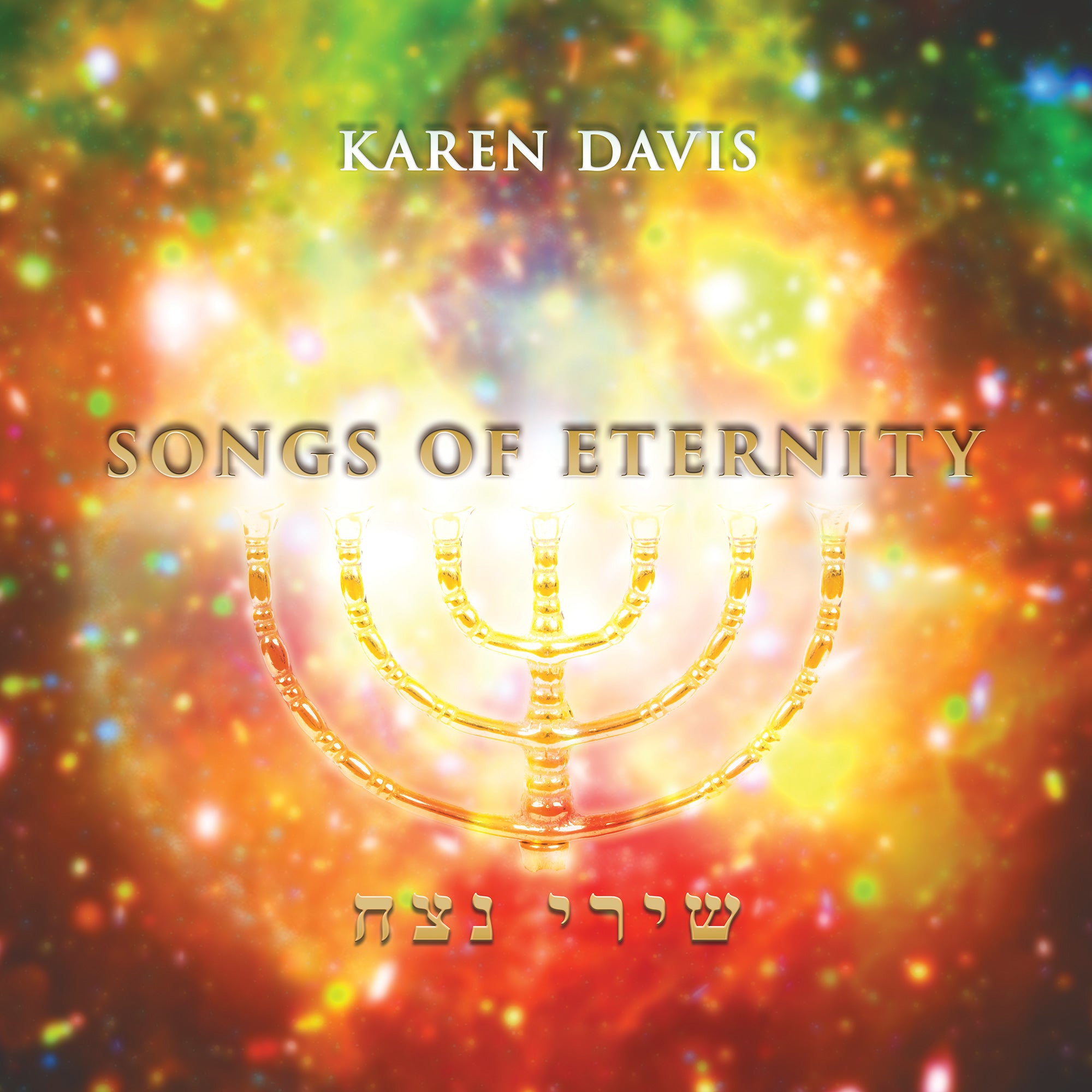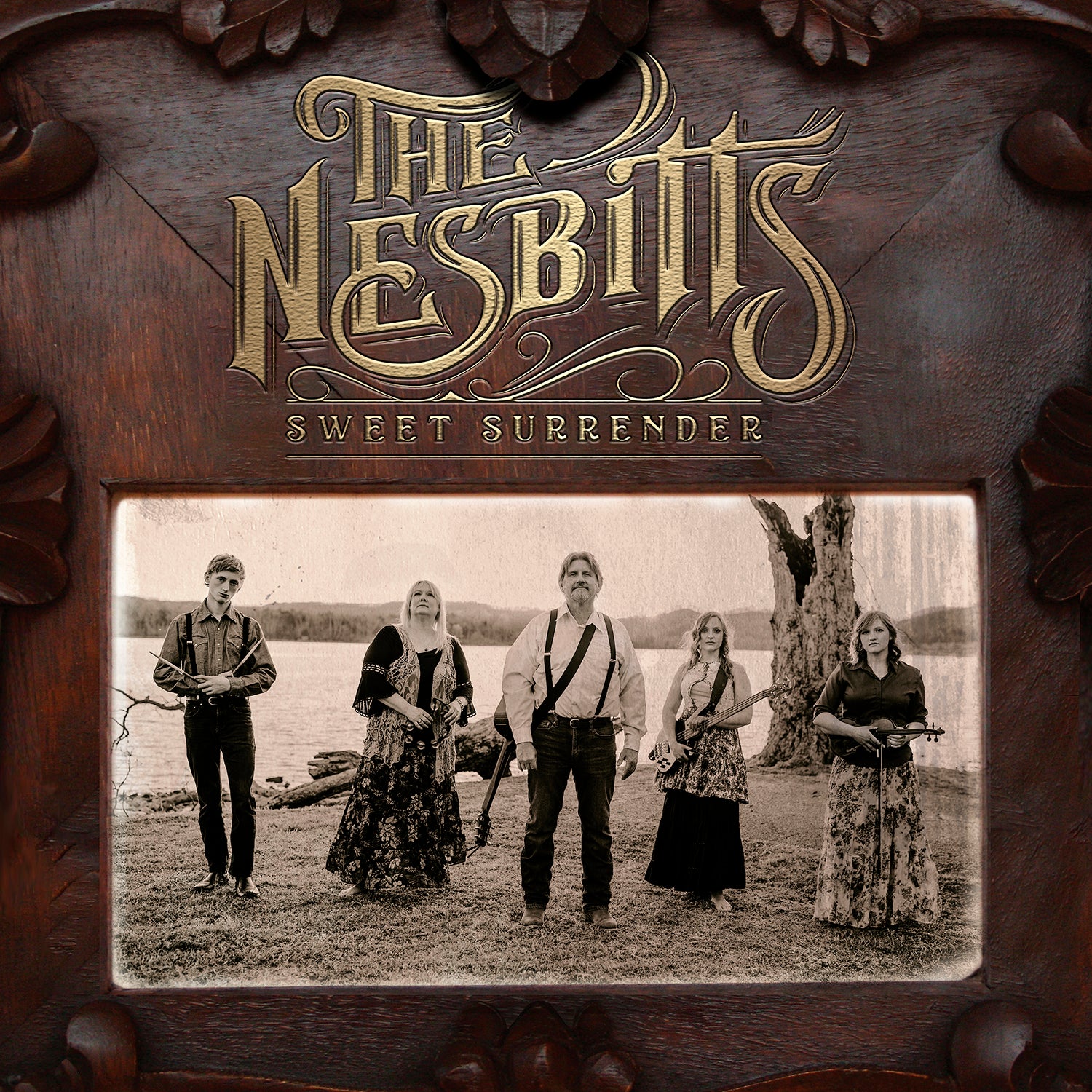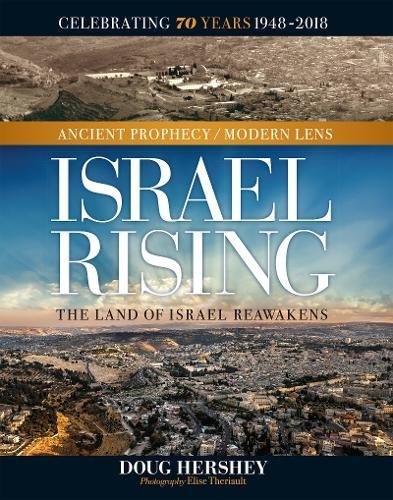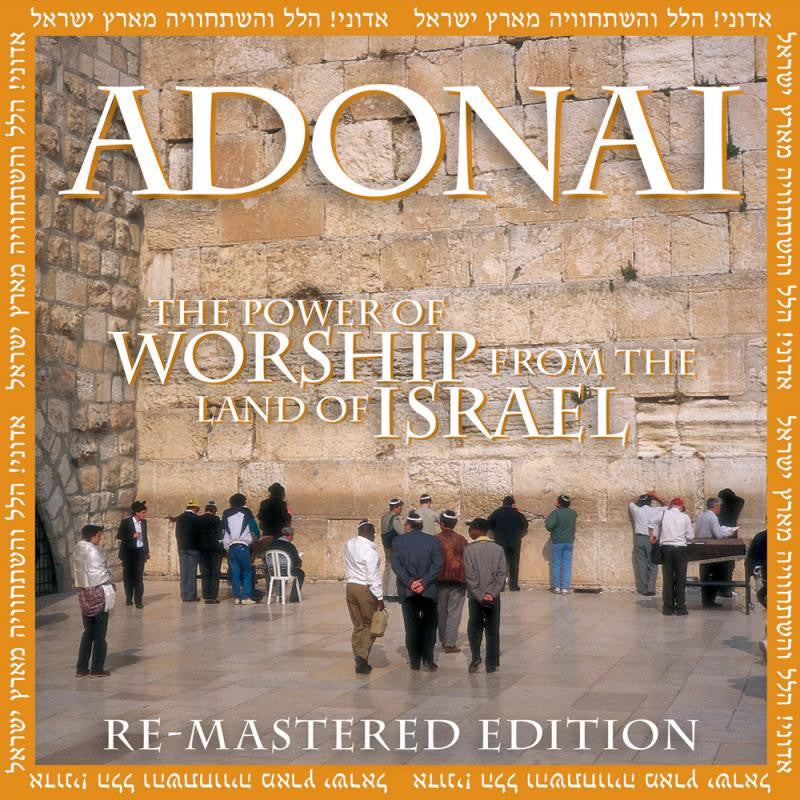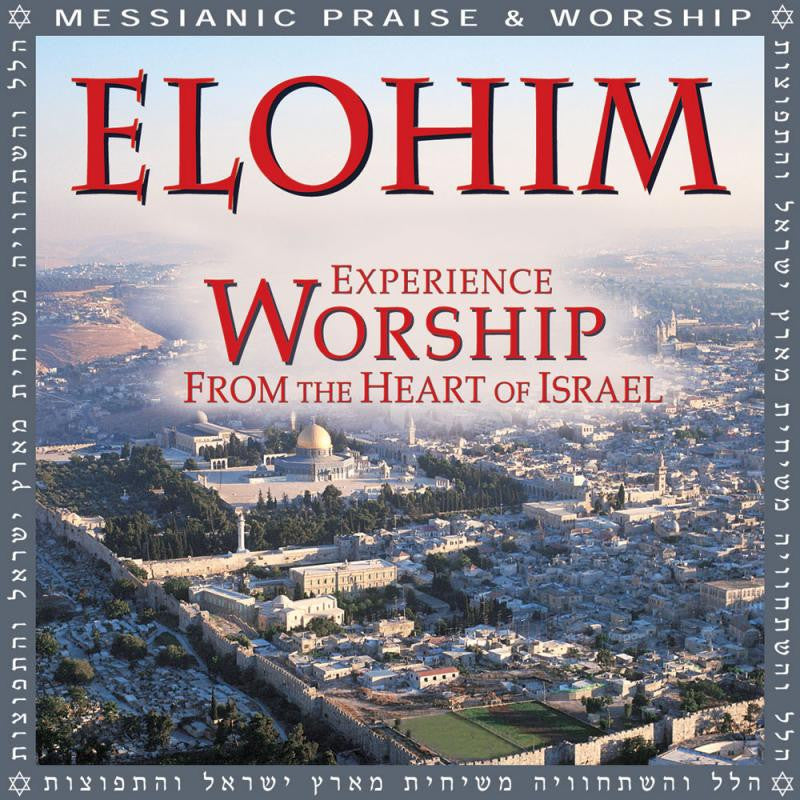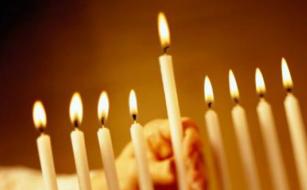Prepare to journey through Yom Kippur, recognized by the Jewish people as the most holy day on the Biblical Calendar. Let us begin.
Our Predicament:
God is holy, and He must be regarded as holy (Lev. 19:2). Sin cannot exist where He is, and in fact His eyes are too pure even to look upon evil (Hab. 1:13). If God is to be approached, it must be according to His prescribed means.
This is made evident in Scripture in the account of the High Priest Aaron's sons, Nadab and Abihu, who "offered unauthorized (strange and unholy, AMP) fire before the Lord, contrary to his command." (Lev. 10:1) God's response to this 'Unauthorized fire' is recorded like this:
"Fire came out from the presence of the LORD and consumed them, and they died before the Lord." (Leviticus 10:2)
The problem is that all of have been plagued by sin and its ugly, even fatal, effects. The Scripture says: "[We] have all turned aside; together [we] have become corrupt; There is no one who does good, not even one" (Ps. 14:3).
Note the wording above: "together [we] have become corrupt." In the days of Moses and Aaron, perhaps it would have been easy for the children of Israel to “point the finger” at Nadab and Abihu, and say "thank God we're not like those guys" (compare with Yeshua's parable in Luke 18:9-14). But the truth of the matter is, the poison of Adam's sin contaminated the whole camp of Israel. Sin was not isolated to Aaron’s two sons--though their deaths certainly served as an example to all of how NOT to approach the LORD.
God's Prescription:
In Leviticus 16, we witness God giving instructions to Moses as to how Aaron shall properly approach the LORD and so avoid the plight of his sons (v.2). The prescription includes mandates of the appropriate attire Aaron should wear (v. 4), the types of sin offerings and burnt offerings that were required (vv. 3, 5), and the necessity of a "scapegoat…to be used for making atonement by sending it into the wilderness." (Lev. 16:10) God in His mercy was not only allowing Aaron an opportunity NOT to repeat the deadly mistakes of his sons, but also providing a way for Aaron's sins, and those of his household, to be atoned for. (16:6)
Following this thought a bit further, we find that the scope of God's mercy towards sin was not limited to Aaron and his household.
Leviticus 16:15
Then shall he kill the goat of the sin offering that is for [the sins of] the people and bring its blood within the veil [into the Holy of Holies] and do with that blood as he did with the blood of the bull, and sprinkle it on the mercy seat and before the mercy seat.
Leviticus 16:17
There shall be no man in the Tent of Meeting when the high priest goes in to make atonement in the Holy of Holies [within the veil] until he comes out and has made atonement for his own sins and those of his house [the other priests] and of all the congregation of Israel.
The atonement provided was not for the people alone, either, but extended to "the holy sanctuary, the tent of meeting, and the altar" (see vv. 16,18, and 33). Sin had rendered even the place of worship unclean, but this too God mercifully provided atonement for.
So, with all this talk about "atonement," it may be wise to provide at least a brief definition of the term. "Hebrew For Christians" ministry founder John Parsons may help us with this:
The shoresh (root) for the word "Kippur" is kafar, which probably derives from the word kofer, meaning "ransom." This word is parallel to the word "redeem" (Ps. 49:7) and means "to atone by offering a substitute." The great majority of usages in the Tanakh concern "making an atonement" by the priestly ritual of sprinkling sacrificial blood to remove sin or defilement. The life blood of the sacrificial animal was required in exchange for the life blood of the worshipper (the symbolic expression of innocent life given for guilty life).
In Yom Kippur, God designated one day that a "ransom" would be made for His people. A price had to paid--the price of an "innocent life"--for their redemption. Sin and defilement would be removed by the "sprinkling of sacrificial blood." One day per year--the holiest Day on the Biblical Calendar--Aaron, or one in his High Priestly line, "would enter the Holy of Holies to make atonement for the nation." (Kasdan)
Today's Practice?
Both Leviticus 16 (see vv. 29, 31, and 34) and Leviticus 23:31 declare Yom Kippur, The Day of Atonement, to be a "statute forever throughout your generations in all your dwelling places." That is, in all places through all time, the people of Israel are to observe this God-ordained day in His prescribed manner. The prescription includes the "afflicting" of oneself, that is, fasting. There is no work to be done on this day, as it is a "Sabbath of solemn rest." (16:29, 31) It is a day on which "atonement is made" so that the people of Israel can be "clean before the LORD from all of [their] sins" (16:34).
However, a predicament remains: God's way of atonement involved a High Priest who was to wear specific garments, carry out specific sacrifices, and all at a specific place. In the days of Moses and Aaron, that place was the tent of meeting, or tabernacle. Generations later, Solomon's temple would be the site where these requirements would be carried out. Then, after the destruction of Solomon's temple (586 BC) and, 70 years later, the rebuilding of another (516 BC), this second temple would possess that function. Now, neither temple stands (as of 70 AD).
What to do, then? We'll be exploring that question, “How has Yom Kippur been observed in our post-temple era?,” in part 2 of this series, so stay tuned!
Prayer Points:
In an ever-so-brief survey of Leviticus 16, we've noted that sin is severe, and its wages are death. The only solution provided us by God is that, in exchange for our guilt, an innocent life--in ancient Israel, the life of an animal--had to be sacrificed.
As we bring to a close this first installment in our "Yom Kippur" series, let's do so with a few prayer points to keep before us as we draw nearer to this Most Holy Day of the Biblical Year:
- O God, show me the severity of my sin and its offensiveness in your sight.
- Make me to understand, O Lord, how devastating an effect sin has had, not only on me but on whole communities, nations, and on the created world itself.



